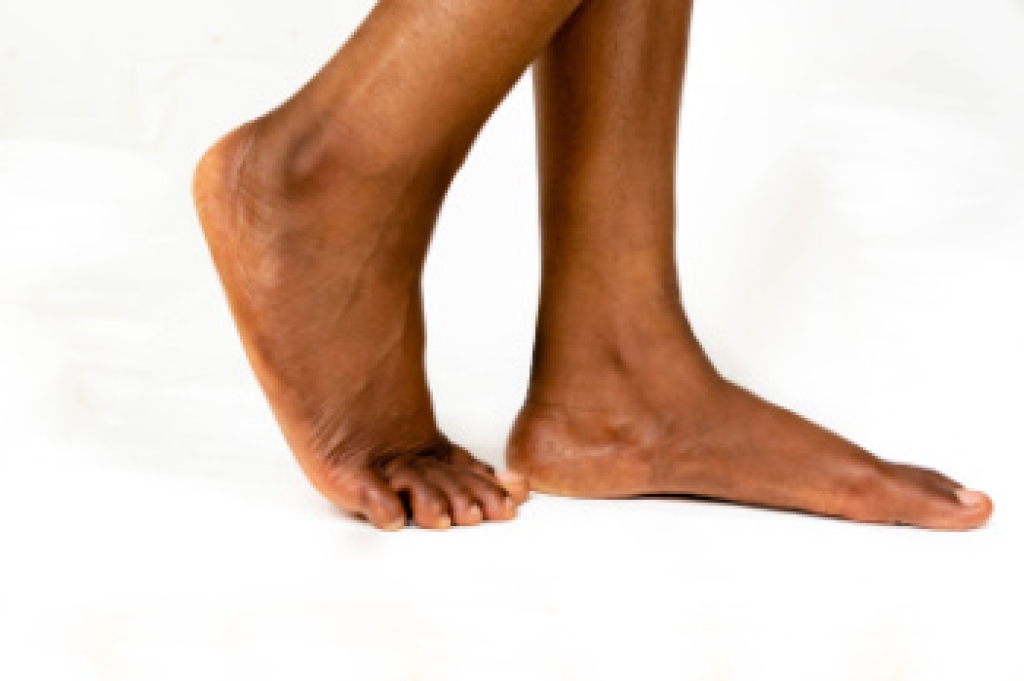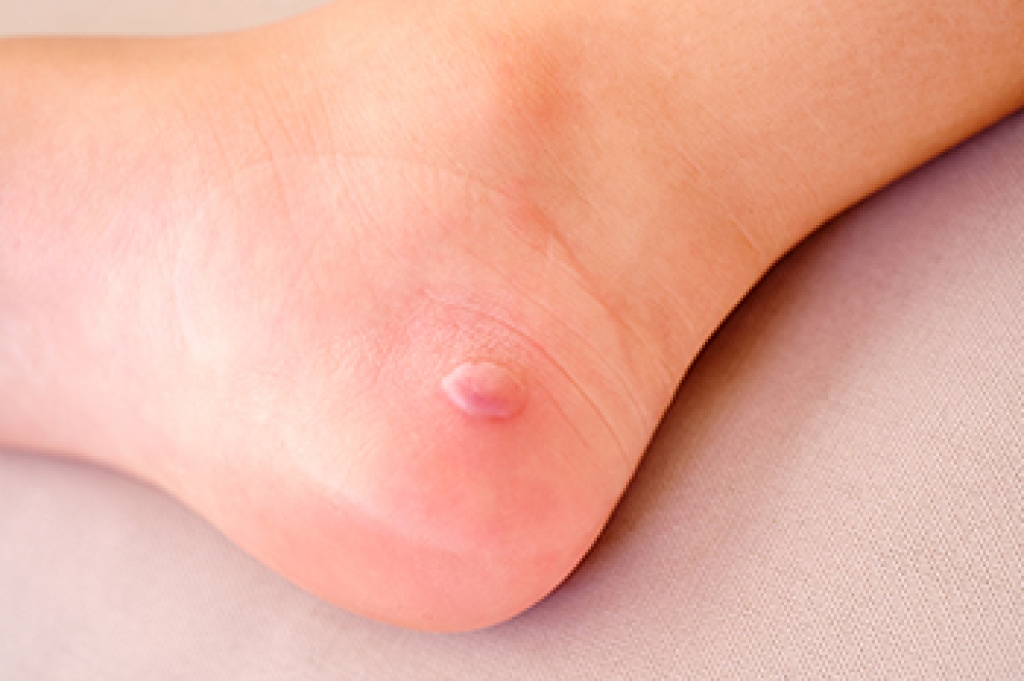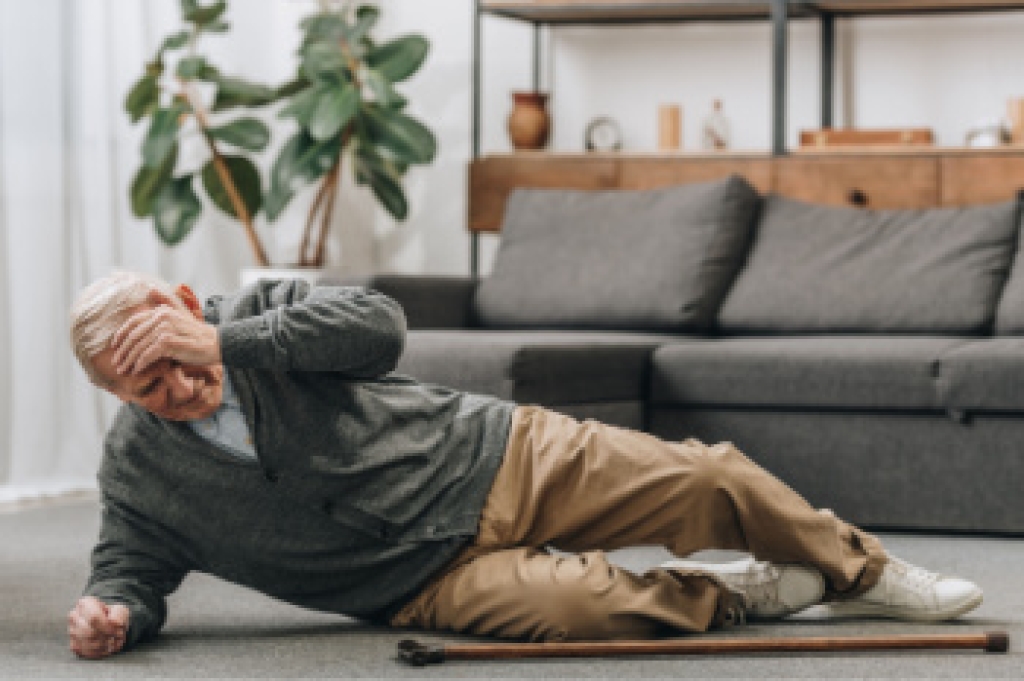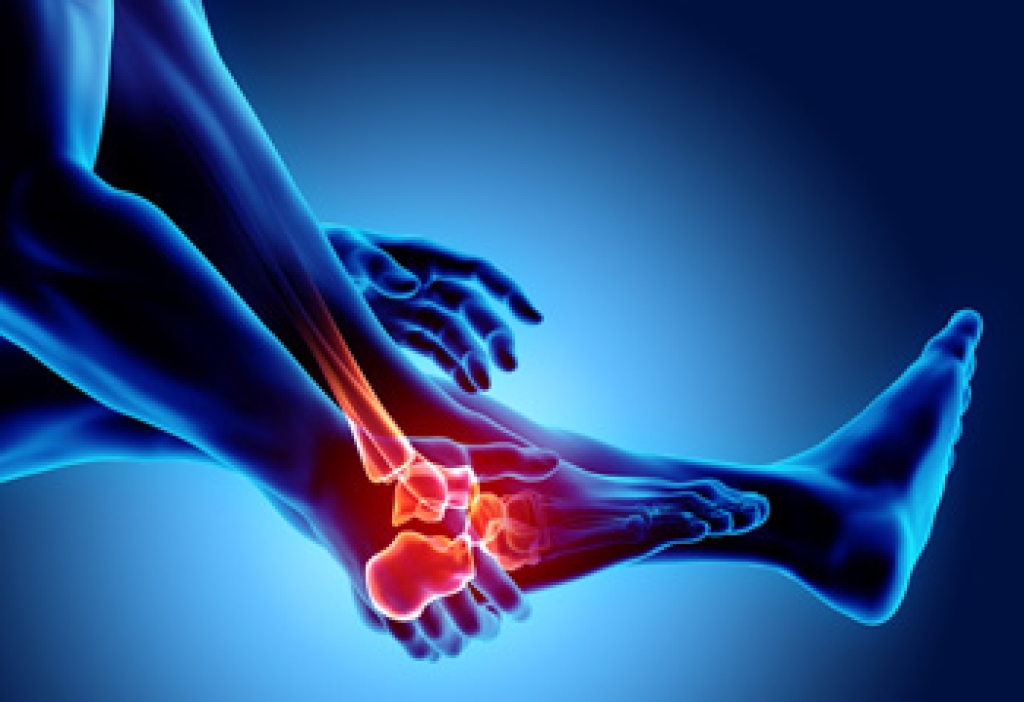
Flat feet, or fallen arches, can lead to discomfort and pain, affecting daily activities. Treatment options aim to alleviate symptoms and improve foot function. Custom-made orthotics to support the arch and provide cushioning, can help distribute pressure evenly and reduce pain. Wearing supportive footwear with proper arch support and shock absorption can also alleviate discomfort. Stretching exercises to strengthen the muscles and improve flexibility may be beneficial. In severe cases, corticosteroid injections may be recommended to reduce pain and inflammation. Surgery is rarely necessary, but may be considered for individuals with persistent pain and significant foot deformities. If you have pain from having flat feet, it is suggested that you schedule an appointment with a podiatrist for an evaluation and a plan tailored to your individual needs.
Flatfoot is a condition many people suffer from. If you have flat feet, contact Paul Potach, DPM from Illinois . Our practitioner will treat your foot and ankle needs.
What Are Flat Feet?
Flatfoot is a condition in which the arch of the foot is depressed and the sole of the foot is almost completely in contact with the ground. About 20-30% of the population generally has flat feet because their arches never formed during growth.
Conditions & Problems:
Having flat feet makes it difficult to run or walk because of the stress placed on the ankles.
Alignment – The general alignment of your legs can be disrupted, because the ankles move inward which can cause major discomfort.
Knees – If you have complications with your knees, flat feet can be a contributor to arthritis in that area.
Symptoms
- Pain around the heel or arch area
- Trouble standing on the tip toe
- Swelling around the inside of the ankle
- Flat look to one or both feet
- Having your shoes feel uneven when worn
Treatment
If you are experiencing pain and stress on the foot you may weaken the posterior tibial tendon, which runs around the inside of the ankle.
If you have any questions, please feel free to contact our offices located in Wheeling and Berwyn, IL . We offer the newest diagnostic and treatment technologies for all your foot care needs.





